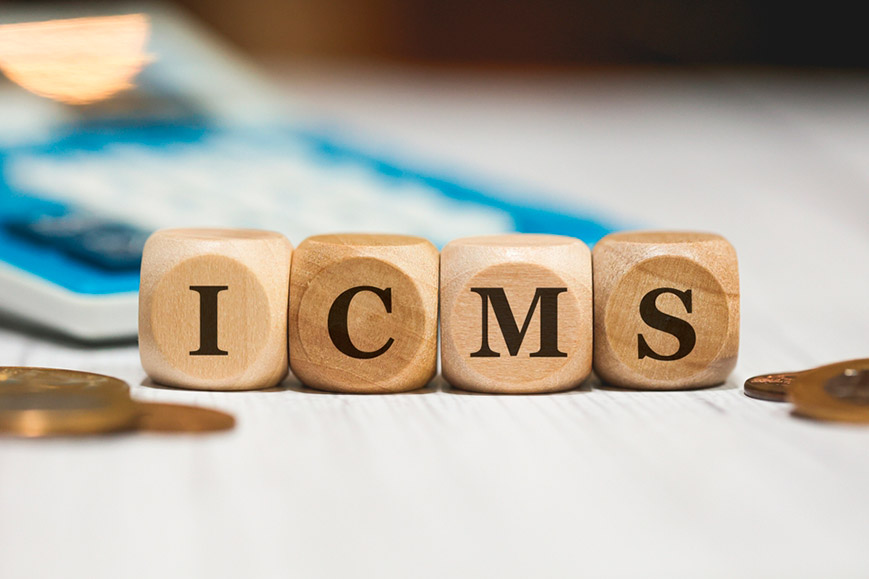Treasury
- Cash and liquidity management to ensure that the company has sufficient funds for its operations.
- Management of financial risks, such as currency and interest rate risks.
- Monitoring and reconciliation of bank accounts.
- Analysis and reporting of treasury's financial performance.


Accounts Receivable and Accounts Payable
- Processing of sales invoices and customer payments.
- Management of collections and receipts.
- Analysis and reporting of accounts receivable.
- Processing of supplier invoices and payments.
- Management of payment terms and negotiation with suppliers.
Accounting
- Maintenance of accurate accounting records in compliance with local and international accounting standards.
- Preparation of financial statements, such as balance sheets, income statements, and cash flow statements.
- Management of fixed assets and calculation of depreciation.
- Bank and account reconciliations.
- Financial reporting for management and regulatory affairs.


Tax
- Preparation and filing of tax returns, such as income tax and VAT.
- Compliance with tax obligations, such as issuing invoices and withholding taxes.
- Tax analysis and planning to minimize the company's tax burden.
- Representation of the company in tax audits.
Costs
- Analysis and control of production and operational costs.
- Calculation of cost of goods sold and profit margins.
- Identification of opportunities to reduce costs and improve operational efficiency.
- Analysis of profitability by product, customer, or business line.
- Cost reports to assist in strategic decision-making.

